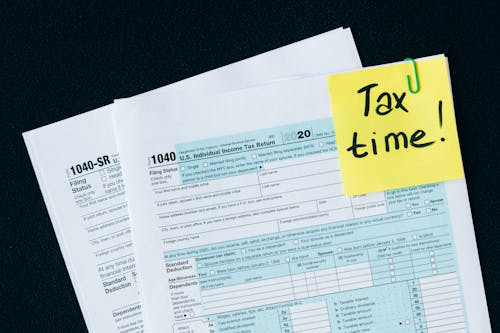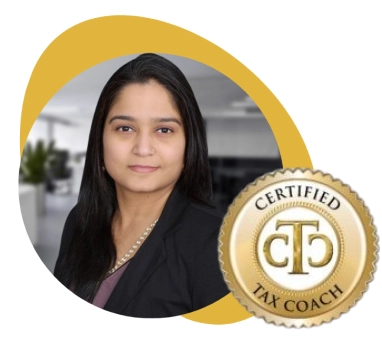
If you’re the sole owner of a business, you might often think about when to turn your business into an LLC. Many people start as sole proprietors, and later want to switch to other viable business structures.
What is a Sole Proprietorship?
Sole proprietorships are a business type where a single person owns the business. In this business structure, the owner, along with their business, is one single entity, and they don’t pay any corporate taxes. The owner has to pay income tax on all profits they generate from their business.
Sole proprietorships have fewer regulations, and there is less paperwork involved. The tax returns are also simple, and the owner is accountable for all profits or losses.
What is an LLC?
An LLC is a Limited Liability Company. It’s a business structure that offers all owners protection due to limited liability, making the business a separate legal entity. Multiple people can be the owners/members of a corporation. The business has its separate assets, and the owners of the company are not liable for losses. In many US states, members of an LLC don’t have to pay any corporate taxes.
When to Convert?
LLCs also allow owners to protect their personal assets in case of bankruptcy or any lawsuits. If you are the owner of a high-risk business with risky finances or any personal assets you can’t risk losing, you can switch to a Limited Liability Company.

How to Convert?
- The first step is to check your business name. You have to dissolve your sole proprietorship’s registered business name if you want to use the same name for the LLC. While some states may allow you to continue with the same name, cancel the registration before forming the LLC.
- Next, you have to choose a business name for the LLC. The name has to be different or an updated version of the previous name. Some states will require you to include LLC, the abbreviation, in your company’s name.
- Select an agent who can receive any governmental notices and act as a registered agent on the LLC’s behalf. You can also list your name, but an agent service is recommended.
- The next step is to file the Articles of Organization or the Certificate of Incorporation or Formation. You also have to pay a filing fee when doing so.
- After this, you have to draft an operating agreement that will work as an internal record or document outlining everything about your LLC and how you will manage it.
- You also have to apply for the Employer Identification Number (EIN). Even if you had one for your previous business, you would require a new one for your LLC.
- Open a bank account or use the previous bank account by changing the information.
- Contact any licensing agency that can help you verify and update all the licenses and registrations you will need for your LLC.
- Update the business information on marketing platforms and materials like business cards.
- Change the current contracts with clients and vendors and update the party from the previous owner’s name to the name of your LLC.
If you’re looking for a CT-certified public accountant, check us out at Nidhi Jain CPA. We can provide you with the necessary tax advisory and business tax filing in Bay Area. Reach out to us now if you want to convert your business to an LLC.





